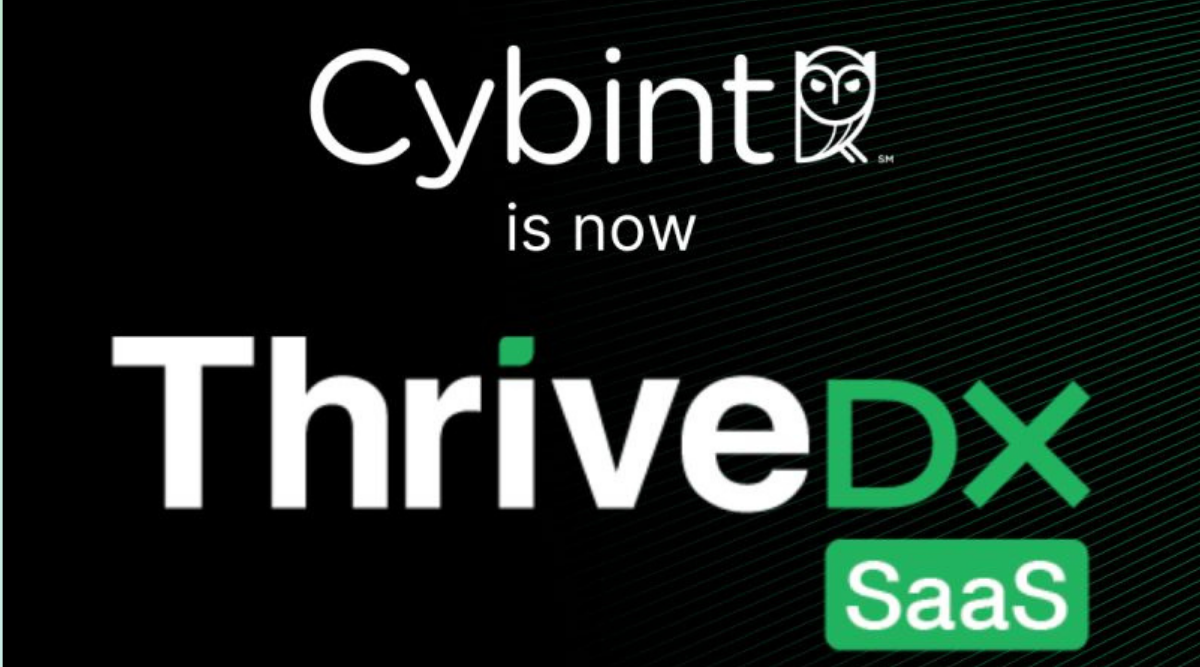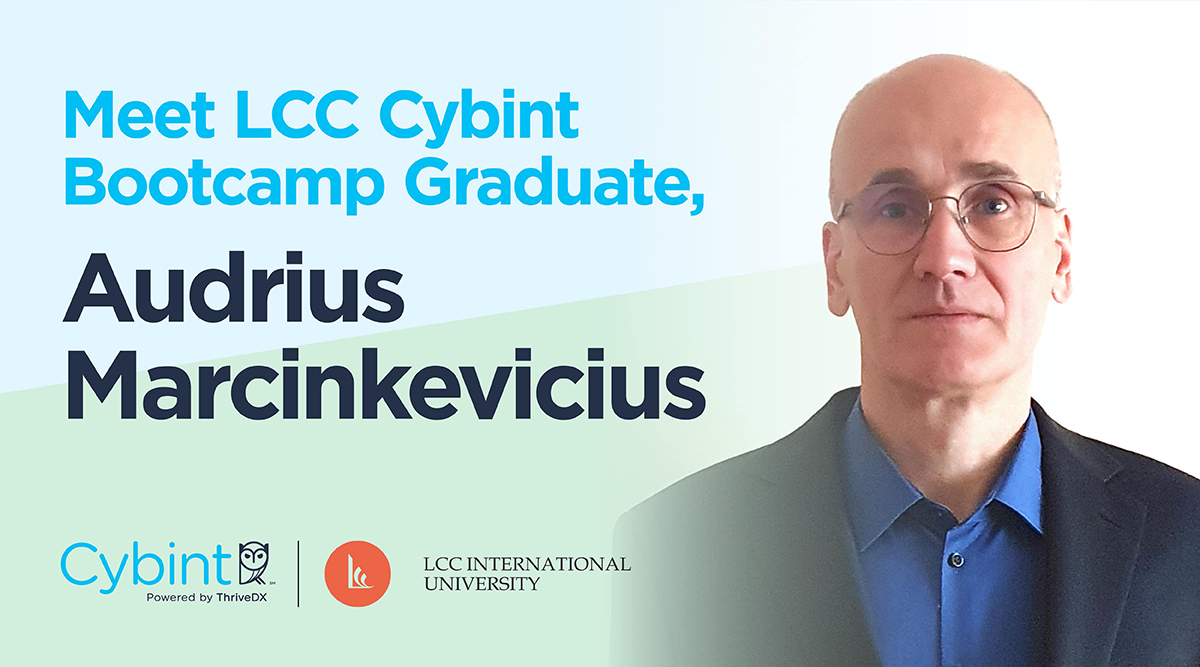Originally featured in Geektime
A recent bootcamp graduate is as likely to land a job at a top U.S. tech company as a college alumnus, a study by Switchup revealed in July. There are two key takeaways here. First, the pathways into the coveted high-tech industry are many and diverse. Second—implicitly—the researchers viewed colleges and bootcamps as antithesis to one another, so much so as to warrant a study pitting one against the other.
While such estimates of graduate outcomes are helpful and informative, both for prospective students and the industry, the idea that bootcamps and universities are two polar opposites does not tread far enough. Opposites attract, they say, and this is exactly what has been happening with bootcamps and universities since the start of the pandemic.
As the virus forced universities and colleges to reshuffle their schedules and curriculums, and even review their entire learning models, they found unlikely partners in bootcamps, intense, short programs inspired by military training. With their turnkey programs working as an additional offering by the schools for alternative career training or education, bootcamps offer universities and students distinct values that can improve graduate outcomes. Furthermore, the campus crowd is actually positioned the best to gain from the bootcamp experience.

Putting Theory into Practice
Bootcamps are popularly associated with coding, since coding bootcamps have been expanding so dramatically in recent years. Their true offering is significantly broader, however, ranging from courses in cybersecurity or DevOps to digital marketing or sales. Regardless of the subject matter, however, bootcamps tend to focus on practical skills and hands-on training, often at the expense of advanced theory—something Triplebyte showcased in a study. Bootcamps also tend to be open to people with no background in the field, and thus incorporate introductory sections into their programs.
By coming to campus, bootcamps get a chance to tailor their curricula to a new talent pool, focusing specifically on groups like undergraduate students pursuing degrees in their target field, be it IT or marketing. They can cut the intros, as their students will most likely have at least some of the relevant skills in some capacity and catch up on the go. A bootcamp doesn’t need to waste time on Programming Foundations when training Computer Science students, they learn those as part of their degree program already.
Furthermore, instead of going over just the latest regular practices, bootcamps can use the same hands-on attitude and toolset to showcase the advanced concepts students explore in theory classes in practice. With foundations of Javascript and frontend development, you can build a simple search engine. With that and advanced sorting algorithms, however, you can build your personal Google.
There are other benefits for students to reap here as well. Besides their newfound practical skills, students can benefit a lot from the bootcamps’ true-to-life simulations, which attune them to the tasks they will be facing when working in the field and add experience to their CVs. Bootcamps also foster strong ties with the industry, helping students network and find internship and placement opportunities, and sometimes offer their own career support, which can complement the efforts of colleges’ own HR departments. Connections and experience are some of the positives that graduates note themselves in their testimonials on university bootcamp pages, and those coming from non-related disciplines also emphasize their newfound confidence and being introduced to a whole new way of thinking.

A Win-Win that Works for All
Bootcamps are primarily aimed at highly motivated job seekers looking to venture out on a new career path—which often pretty accurately describes the situation for most recent graduates. That is, at least, if they are not planning to join academia (and even most PhD holders do not stay there for too long anyways). Bootcamp partnerships expand the university’s ability to cater to employment-focused students, making sure those are equipped with every tool that will help them shine in the job market.
There is extra flexibility in this, too. “The tech stack is changing so quickly, (and) these kinds of partnerships give the university a chance to pivot quickly,” Rick Hefner, program director at Caltech’s Center for Technology and Management Education, said in Higher Ed Dive earlier this year.
Bootcamps’ ties with their respective industries, as well as their focus on hands-on training, could also make them a promising alternative to internships. The former means that the bootcamp’s schedule will be updated to cover all the latest developments in the field, while the latter speaks for itself. Student internships have long been criticized as toxic not just for interns, forced to work for free and often failing to get any actually useful skills, but for the entire labor market as such. Swapping them for bootcamps could be a great way to not just help the students get the practical skills they need, but also to strike down the false equivalency between an internship and an entry-level job that we sometimes see in the market.
The overall economic inclusion is part of the calculus as well. “Our motivation is to ensure all adults can be active participants in the knowledge economy,” Dr. James Gazzard, the director of continuing education at ICE at Cambridge, said in CareerKarma regarding a data science program run with a bootcamp. This easily goes for regular degree programs as well, as tech skills are set to be increasingly valued in non-tech industries, meaning that equipping students with those early on gives them a competitive advantage.
When it comes to impact and value, collaborations between universities and bootcamps are beneficial for universities on many obvious, yet meaningful fronts. When viewed strictly from the business perspective, they serve as a brilliant new way to generate ROI with minimal upfront investments. It is a win-win for bootcamp partners and universities alike—the bootcamps get a new inflow of students, and the university gets to expand its offering and curriculum. There is plenty of talk these days about what constitutes the “new normal,” and a partnership between universities and bootcamps is certainly one of them.




